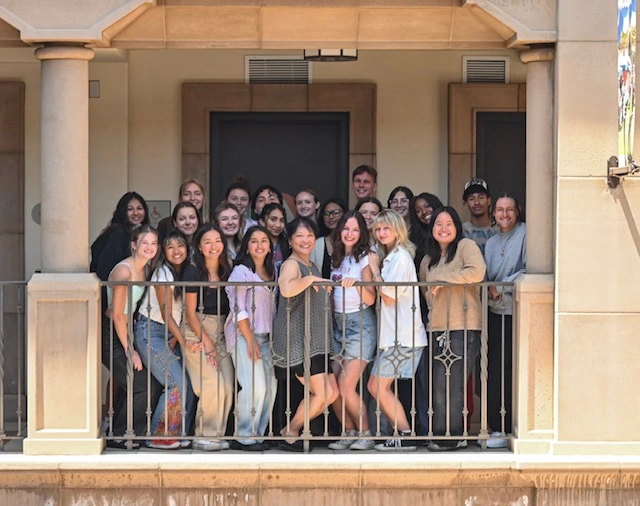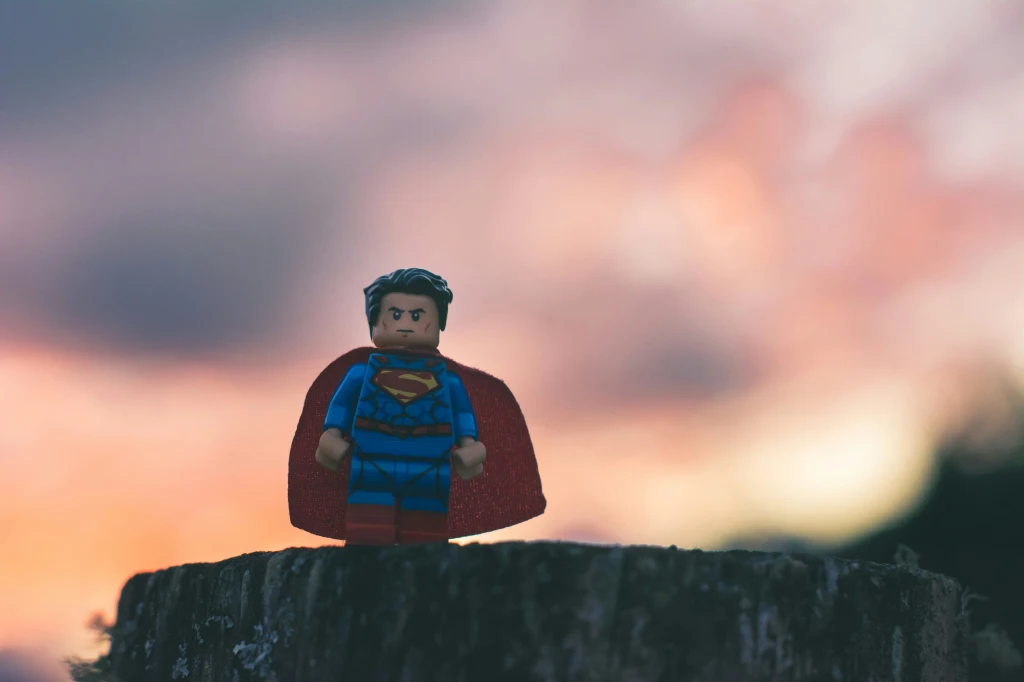Nyla Harris / Asst. A&C Editor
As February rolled around, Black voices around America have begun to raise excitement and commemoration in celebration of Black History, Future and Present Month. The month-long celebration originally known as “Black History Month” is an annual observance created to remember important people and events within the history of the African diaspora. In many universities across America, this month is an opportunity for academia to give voice to the Black creators, entrepreneurs, historians and heroes of our nation, as well as a way for us to celebrate the rich culture of the Black community today.
USD first-year Deborah Llupeju describes her story and the significance Black History Month has on her.
“Growing up I used to get teased for being dark skin, and when you’re younger, words hurt more than anything. Now I embrace my skin and I love it. Although people are more accepting of darker skin tones now, I believe we all still have a long way to go,” Llupeju said. “For me, Black History Month holds a special place in my heart, even as a Black woman who wasn’t born in America. I witnessed firsthand the significance of celebrating Black people and our culture, it helps us remember who we are, as well as who paved the way for equality in the United States.”
The precursor to Black History Month was created in the U. S. in 1926. It was when historian Carter G. Woodson and the “Association for the Study of Negro Life and History” announced the second week of February to be “Negro History Week.’” He chose the month of February, because it was when the two most famous abolitionists of the time, Frederick Douglass and Abraham Lincoln, were born. Furthermore, Feb. 1 is also National Freedom Day, a celebration of the ratification of the 13th Amendment, which abolished slavery in the U.S.
Although the thought process behind the history week was unrecorded, many scholars acknowledge its creation as a way to bring forth recognition and importance around Black culture.
The U.S. was built on the backs of migrant workers and enslaved people, and the African American community is one of many that does not get the accurate level of commemoration for the ways in which the community has built this country. As physical labor was done without pay for centuries during African enslavement, it left the community having to fight for financial and societal equity for generations after liberation. This struggle for equality shows through systematic racism, further inflicting discrimination, incarceration, poverty and misrepresentation within the Black community. This systematic racism can be seen through the over incarceration of Black people, drugs circulating throughout Black communities and over-policing within Black populated neighborhoods — all of which keep Black people systematically oppressed throughout our country. Further, the lack of consistent commemoration and acknowledgment of Black beauty often trickles into the way the Black community is treated, even today.
Predominantly white spaces, such as USD, can more likely be sites for this discrimination to occur, as, unfortunately, under 8% of the student body at USD is made up of African American students.
Discrimination can take several forms ranging from social alienation to personal prejudices; one of which being the over-sexualization of Black bodies. USD first-year Lela McMichael describes her truth, while existing in a predominately white space.
“A sad truth as a Black woman, especially in predominantly white spaces, is understanding that statistically we are the least desired race to date out of women [due to the history of how Black women are portrayed]. As a Black woman, a lot of the times when we are interested in someone our first thought isn’t, ‘oh does he like me?’ It’s usually, ‘does he even like Black girls?’” McMichael said. “A lot of the time, we are less desired as a serious romantic interest and instead desired for what our bodies offer. This experience is easier to navigate for some than others, but it is still very much present.”
Experiences such as these give more reason for the importance to support this month, as an ally to the Black community. USD senior Naza Jaff constantly supports Black creators by befriending and amplifying their voices. As an ally to the Black community, she describes one of the many reasons she supports and celebrates Black History Month.
“When I reflect on my own culture, I’m always super appreciative when people take notice and are interested in how I showcase my culture’s art,” Jaff said. “If I know that I really appreciate those things, then I know that I can and should be the person to show up for my Black friends and community members in sharing those things, too.”
Whether it’s listening to Black artists, shopping Black businesses, attending a Black educated seminar or choosing to learn new facts around Black history, there are a million ways to celebrate Black History Month.
Being a Black woman, journalist and student of USD, I see an urge for real change to be done throughout our campus. Through accepting and celebrating your Black peers, there is cultural love that can flourish — and silenced voices that can be amplified. As a USD community we are your peers, and together we are the history, present and future.





Leave a comment